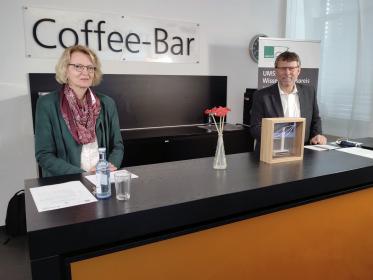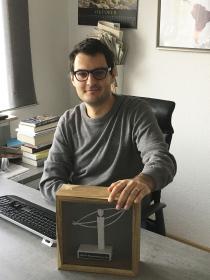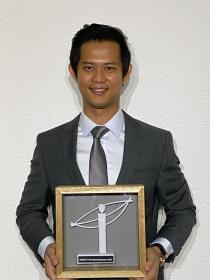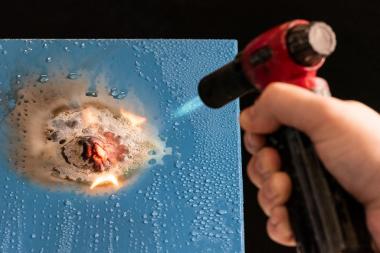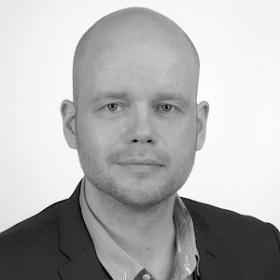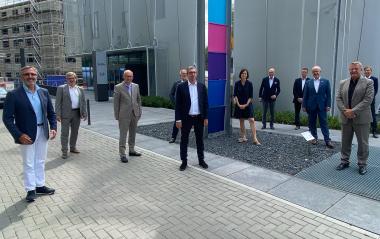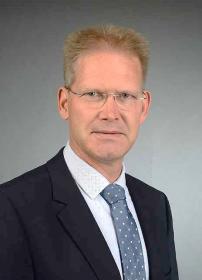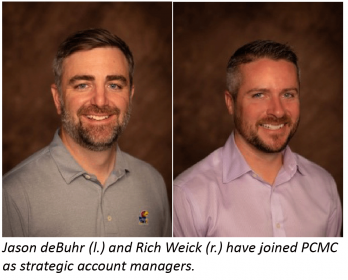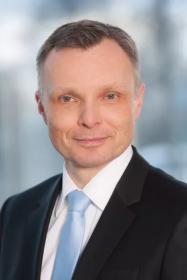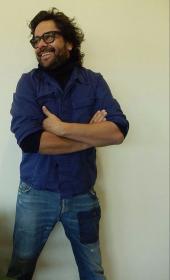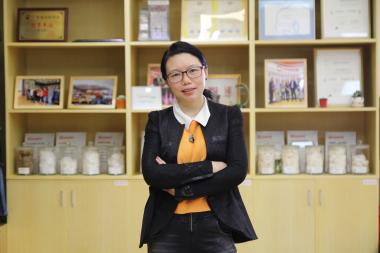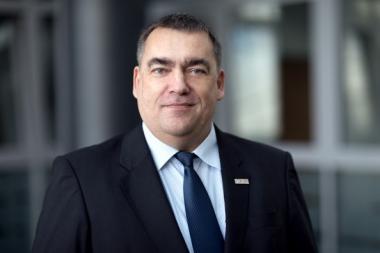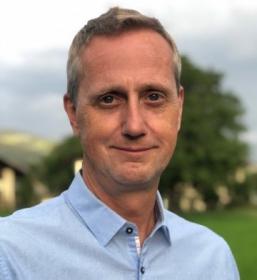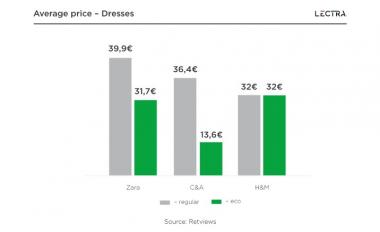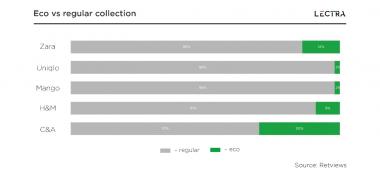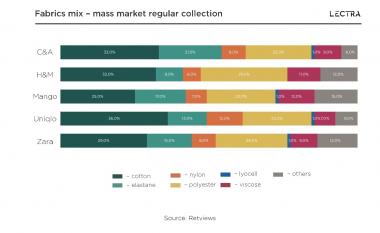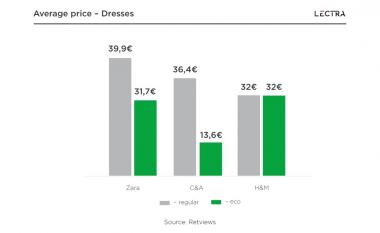Modeschöpfer Kenzo im Alter von 81 Jahren verstorben
Der Modeschöpfer Kenzo Takada ist tot. Er starb im Alter von 81 Jahren in Neuilly bei Paris an den Folgen einer Covid-19-Erkrankung, wie die französische Nachrichtenagentur AFP am Sonntag unter Berufung auf einen Kenzo-Sprecher berichtete. Takada stammte aus Japan, machte aber fast seine gesamte Designer-Karriere in der glamourösen Modemetropole Paris. Sein Vorname wurde dabei zu einer weltweit bekannten Marke.
«Kenzo Takada ist am Sonntag, 4. Oktober, im Amerikanischen Krankenhaus von Neuilly-sur-Seine an den Folgen von Covid-19 gestorben», zitierte die Agentur eine Erklärung des Sprechers. «Was für ein Gestalter!», schrieb die Pariser Bürgermeisterin Anne Hidalgo auf Twitter. Kenzo habe der Farbe und dem Licht Platz in der Mode gegeben. «Paris trauert heute um einen seiner Söhne», so die Sozialistin.
Kenzo Takada – erste Kollektion vor 50 Jahren
Der Designer verkaufte seine Marke schon 1993 an den französischen Luxuskonzern LVMH des Milliardärs Bernard Arnault. 1999 zog der Modeschöpfer sich endgültig zurück. Zehn Jahre später ließ er seine Kunstsammlung mit etwa 1300 Stücken für knapp zwei Millionen Euro versteigern.
Kenzo schuf sein Modereich quasi aus dem Nichts. Als 25-Jähriger war er Mitte der 1960-er Jahre nach Frankreich gekommen. Er landete damals mit einem Schiff in der südfranzösischen Hafenstadt Marseille und reiste dann nach Paris weiter. Der Absolvent der renommierten Bunka-Gakuen-Modeschule in Tokio dachte zunächst an einen begrenzten Aufenthalt in der Metropole - und blieb für immer.
Kenzo war nicht der einzige Ausländer in der Pariser Modewelt. Aus aus Hamburg kam Karl Lagerfeld, der an der Seine zum «Kaiser Karl» aufstieg und im Februar 2019 starb. Kenzo galt als der erste Japaner, der sich in der knallharten Pariser Branche einen großen Namen machte.
Seine erste Kollektion gestaltete er vor 50 Jahren, im Jahr 1970. In einer historischen Ladengalerie im Herzen von Paris führte er damals die Boutique mit dem Namen «Jungle Japonaise». 1976 zog er in größere Räume an der unweit gelegenen Place des Victoires um und gründete die Marke mit seinem Vornamen. 1983 legte sich Kenzo ein Standbein in der Herrenmode zu. 1988 folgte das Herrenparfüm «Kenzo».
Der Modeschöpfer wurde am 27. Februar 1939 Himeji in der Region von Osaka geboren. Seine Karriere begann er als Stylist in einer Kaufhauskette in Tokio.
FashionUnited (Infonomy B.V.)





